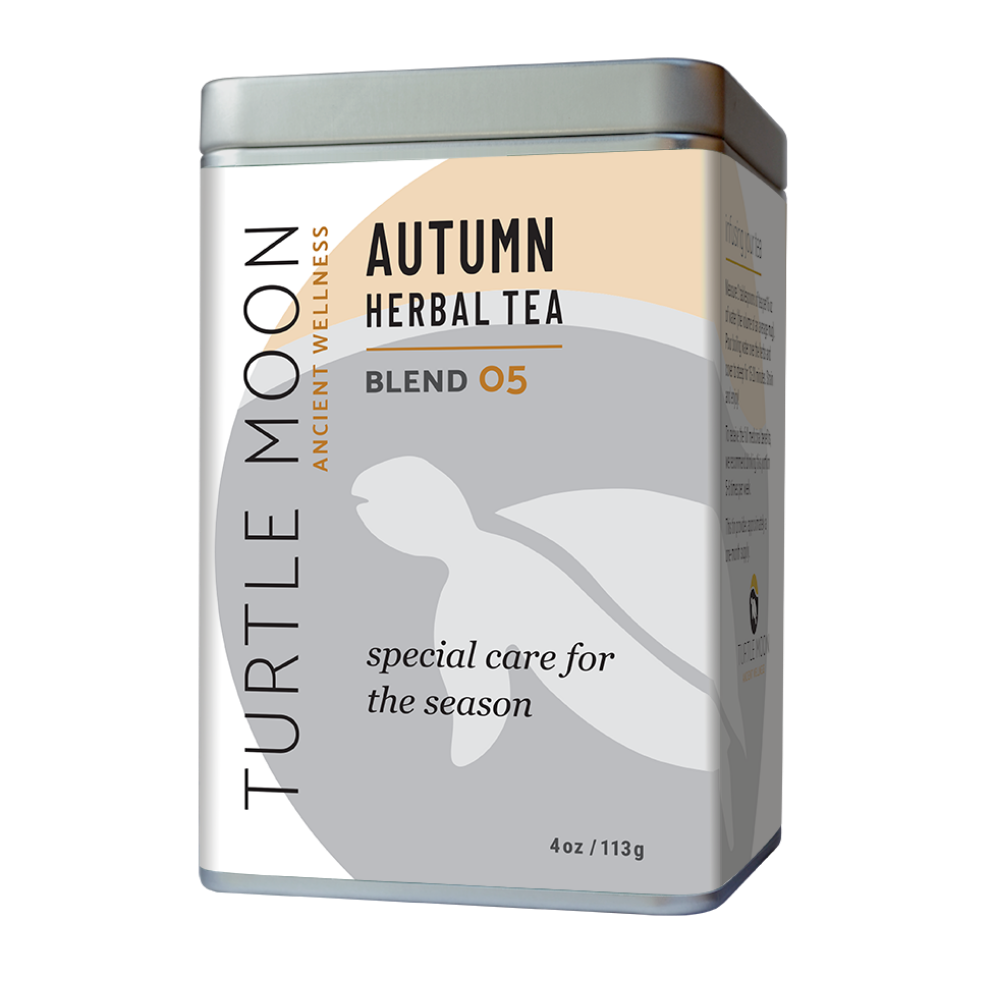 "This botanical and popular spice is native to southeast Asia but is readily available in the United States. Fresh ginger root is a staple in Asian cooking. Dried and powdered, it's used as an herbal remedy.
"This botanical and popular spice is native to southeast Asia but is readily available in the United States. Fresh ginger root is a staple in Asian cooking. Dried and powdered, it's used as an herbal remedy.Ginger is high in volatile oils, also known as essential oils. Volatile oils are the aromatic part of the plants that lend the flavor and aroma we associate with most culinary herbs. They are called "volatile" because as unstable molecules, they are given off freely into the atmosphere. But ginger isn't just a tasty meal addition. Its root is a popular herbal remedy for easing upset stomachs, bloating and more.
Uses for Ginger
Ginger root is effective in reducing nausea and also may be useful in reducing the pain, stiffness, and immobility of arthritis. Dosages of approximately 3 or 4 grams of ginger powder daily appear most effective for long-standing arthritis. But powder may not be the only effective form of ginger root: One study demonstrated a response from the ingestion of lightly cooked ginger.
Ginger has also has a long history of use as an antinausea herb recommended for morning sickness, motion sickness, and nausea that accompanies gastroenteritis (more commonly called stomach flu). As a stomach-calming agent, ginger also reduces gas, bloating, and indigestion, and aids in the body's use and absorption of other nutrients and medicines. It is also a valuable deterrent to intestinal worms, particularly roundworms.
Ginger may even improve some cases of constant severe dizziness and vertigo. It may also be useful for some migraine headaches. Ginger also prevents platelets from clumping together in the bloodstream. This serves to thin the blood and reduce your risk of atherosclerosis and blood clots.
A warming herb, ginger can promote perspiration when ingested in large amounts. It stimulates circulation, particularly in the abdominal and pelvic regions, and occasionally can promote menstrual flow. If you are often cold, you can use warm ginger to help raise your body temperature. When used topically, ginger stimulates circulation in the skin, and the volatile oils travel into underlying tissues.
Try ginger root poultices on the chest for lung congestion or on the abdomen for gas and nausea. Powdered ginger and essential oils are the strongest form of ginger for topical use.
In the next section, you will learn how to prepare ginger for herbal remedies and some of the potentially dangerous side effects."
Learn how to prepare ginger for herbal remedies and some of the potentially dangerous side effects.: http://bit.ly/1a3li3L

